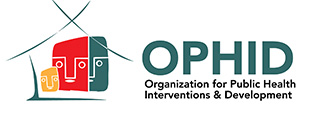Cost-Effectiveness of Preventing AIDS Complications: Innovation across the spectrum of pediatric HIV care
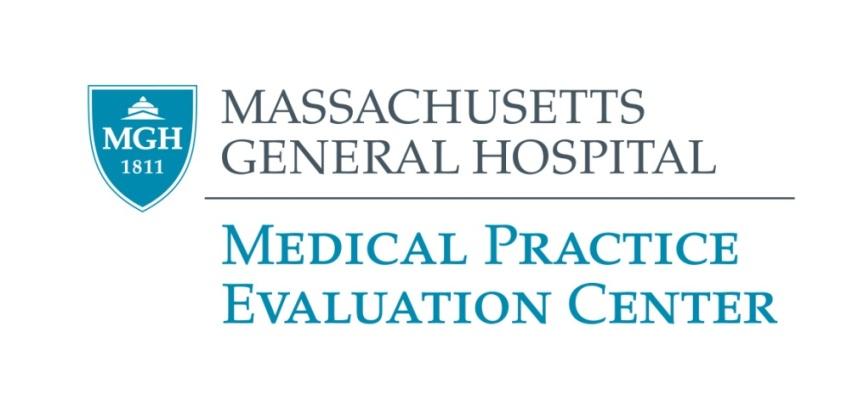
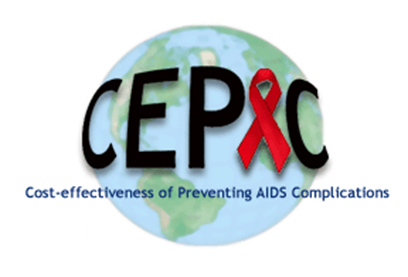
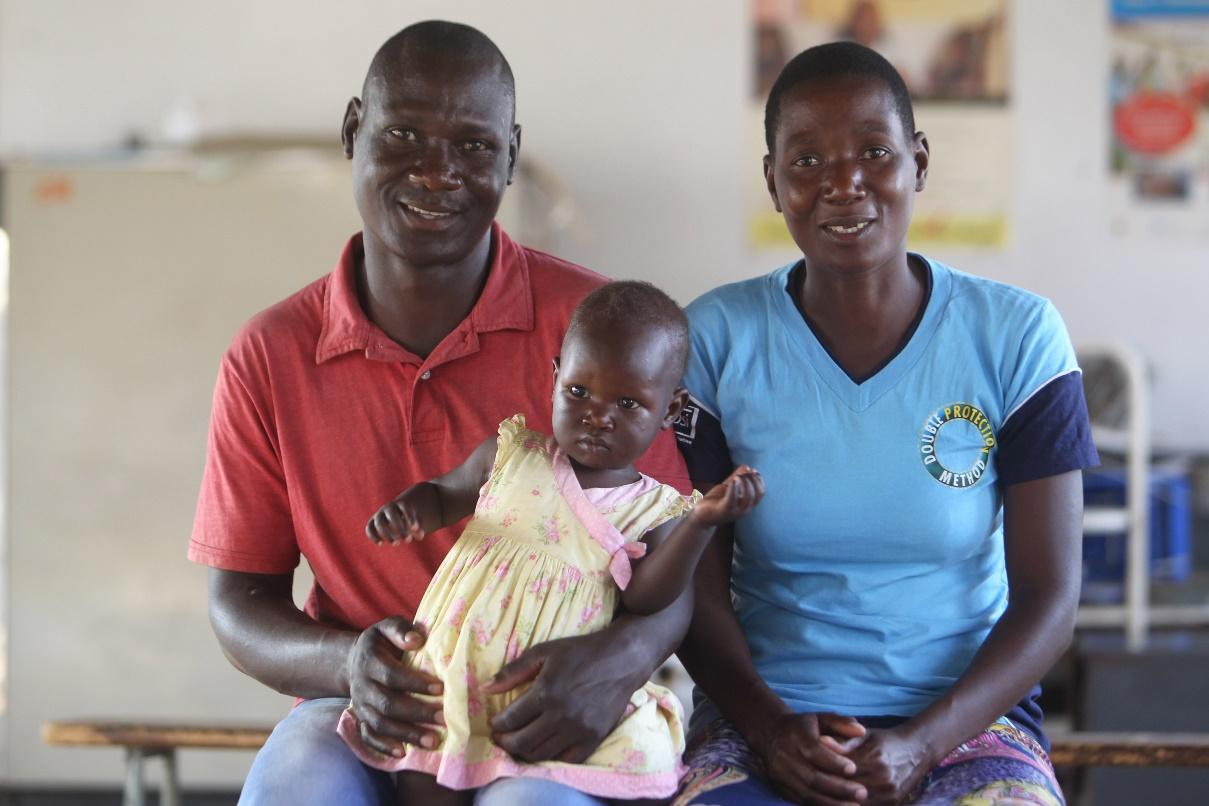
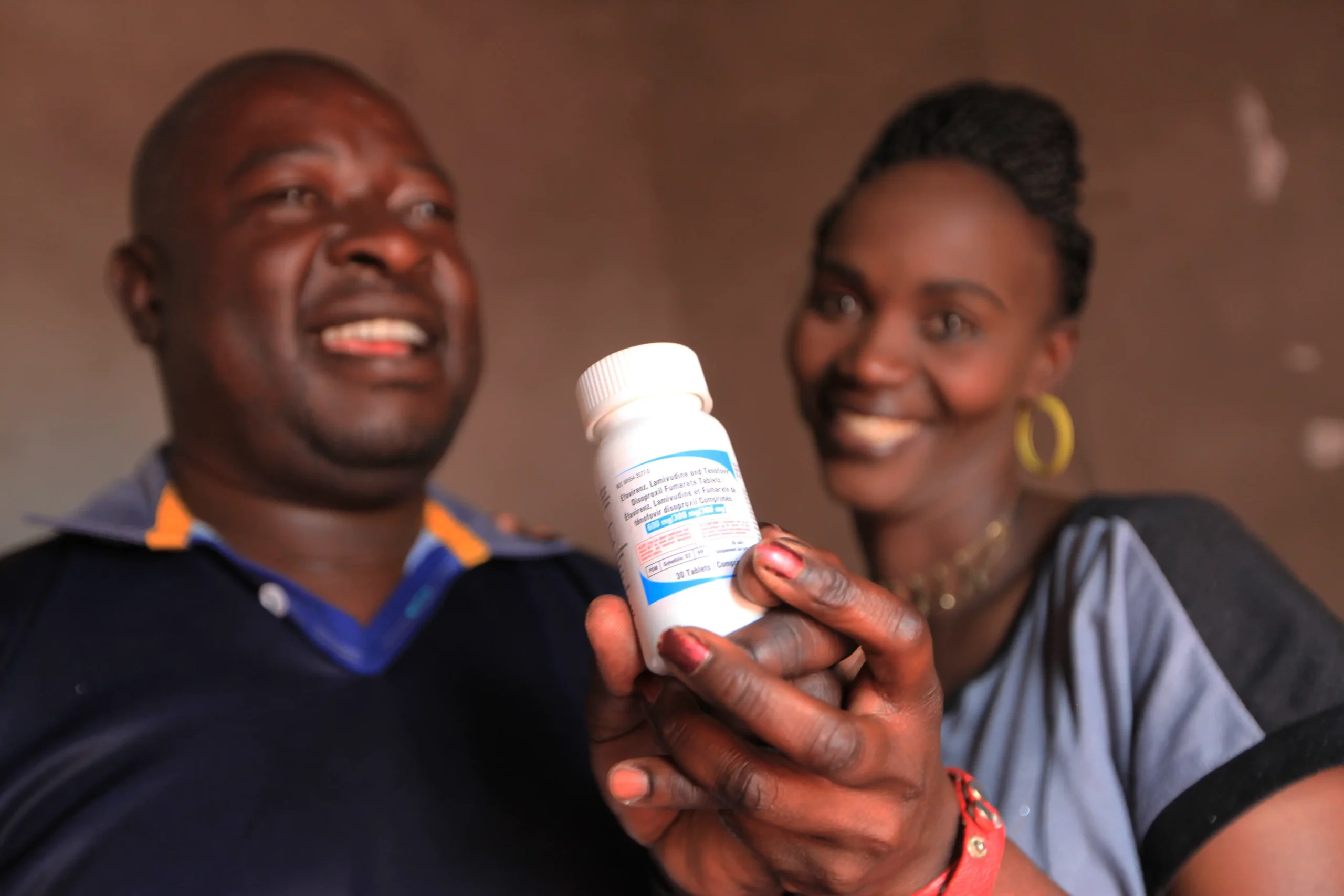
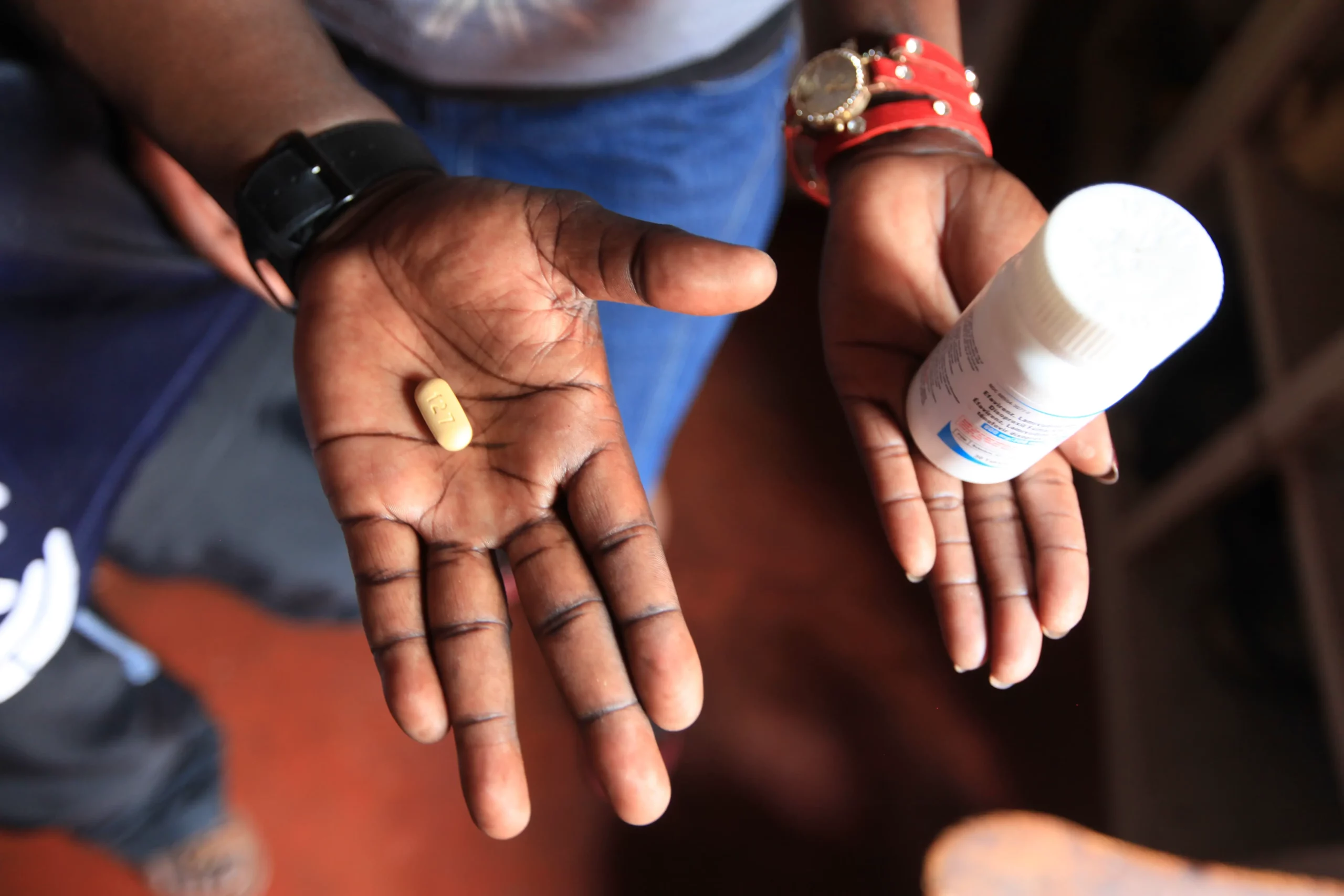
OPHID is proud to continue its over decade long collaboration with the Cost-effectiveness of Preventing AIDS Complications (CEPAC) research group based at the Massachusetts General Hospital Medical Evaluation Centre and Harvard University with the National Institutes of Health (NIH) funded Grant: Innovation across the spectrum of pediatric HIV care.
The program, which started in 2019-2024 Eunice Kennedy Shriver National Institute of Child Health and Human Development (NICHD) supported NIH R01 and is continuing through to 2029 (NIH R37) involves a multi-country collaboration of investigators in United States, South Africa, Côte d’Ivoire, and Zimbabwe using microsimulation models to examine emerging care and treatment approaches across the spectrum of pediatric HIV care.
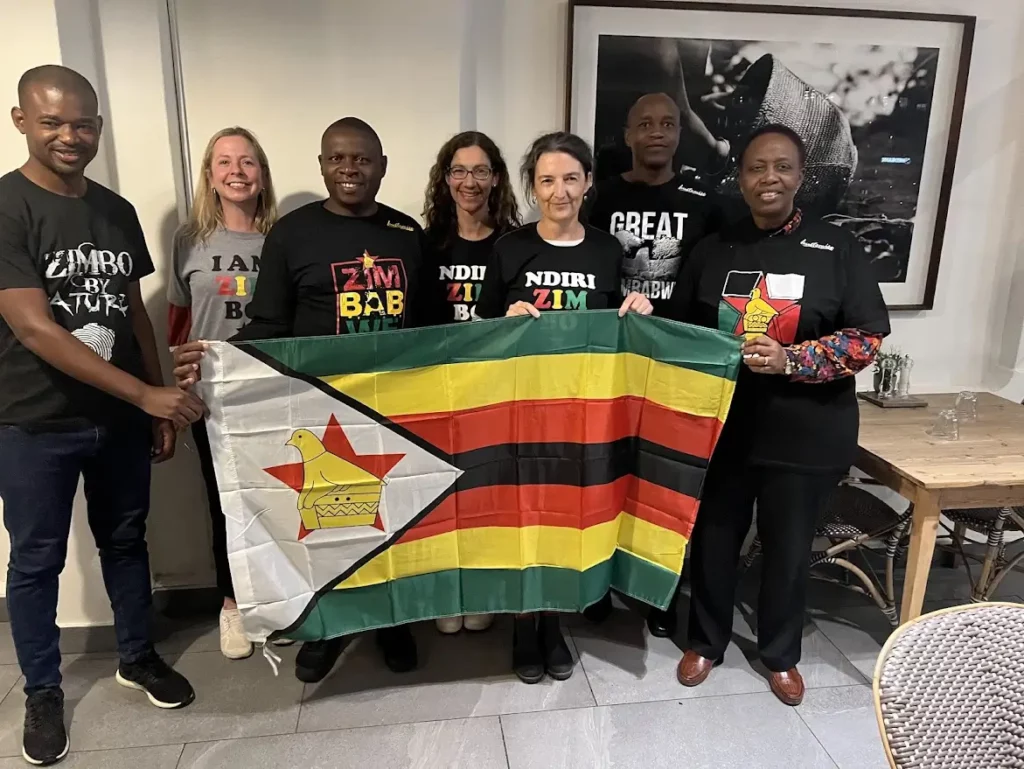
Microsimulation models simulate detailed clinical events – and their associated costs – for large cohorts of individual patients over long time horizons, spanning childhood, adolescence, and adulthood. Microsimulation models can not only identify the most cost-effective ways to implement new guidelines, but also identify key benchmarks for new medications: how effective would they have to be, for which populations, and at what cost, to provide clinical benefit and good value?
Key take homes of this collaborative work (see our publications for more details):
- HIV test and treat for pregnant and lactating women is both clinically and cost-effective as compared to waiting to initiate HIV treatment until women living with HIV become ill.
- Investments into community-based interventions to reach out to HIV positive women in antenatal care who miss scheduled appointments improves maternal life expectancy, reduces mother-to-child transmission of HIV, and is highly cost effective
- Location-optimisation of point-of-care machines for early infant diagnosis (EID) of HIV can improve identification and early HIV treatment initiation in HIV-exposed, infected infants
- Mathematical models are useful tools for public health decision-makers in the allocation of scarce resources for improved individual- and policy-level impact in the allocation of scarce resources for improved individual- and policy-level impact
Notable achievements of this productive collaboration include
-
- Cost-effectiveness analyses informing national Prevention of Mother to Child Transmission of HIV policy and treatment guidelines (transition from Option A to Option B+ for pregnant and lactating women).
- Over 6 peer-reviewed publications in high impact journals with 230+ citations. See our publications here.
- Over 16 oral abstract presentations at local, regional and international scientific conferences (NAC 2023, ICASA 2023, AIDS 2022/2015, International HIV Pediatrics Workshop (2022/2015)) including an Award for best oral abstract presentation at the 2023 at the Zimbabwe National AIDS Council Research Symposium.
Bi-directional learning including an HIV Research Trust Award and Harvard/MGH-based training of OPHID staff.
This ongoing work will conduct further analysis to support optimal and sustainable strategies to achieve the end of pediatric AIDS and elimination of mother to child transmission of HIV in Zimbabwe – for healthier, happier families
Evidence to action!
Want to get involved?
OPHID is using this evidence to design cost-effective, sustainable strategies to improve the health outcomes of pregnant and lactating women living with HIV and their children. These include
- Enhanced community-based support and follow up for women who face challenges to accessing recommended antenatal and postnatal care through lay health workers.
- Mbereko (wrap that holds a baby to a mothers back for the first two years of life) women’s empowerment groups led by mentor mothers to promote health care access and nutrition of mothers and children.
- Strategies to support male involvement in maternal and child health and men’s health and self-care
- Cost effective and sustainable action for family health. Our baby, our health, our future.
